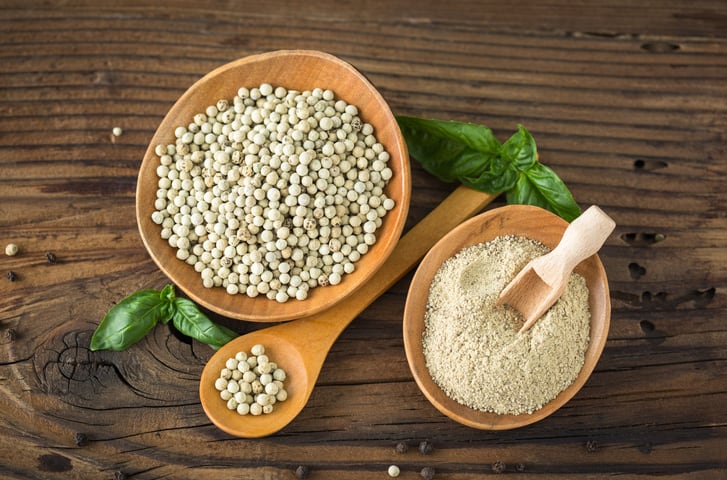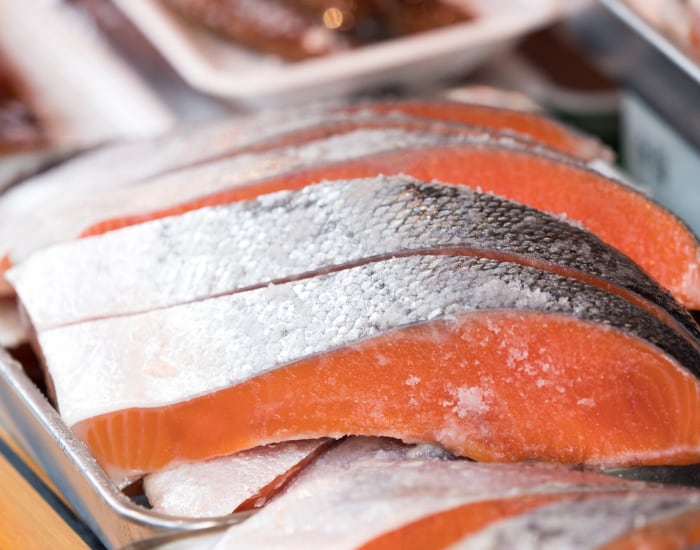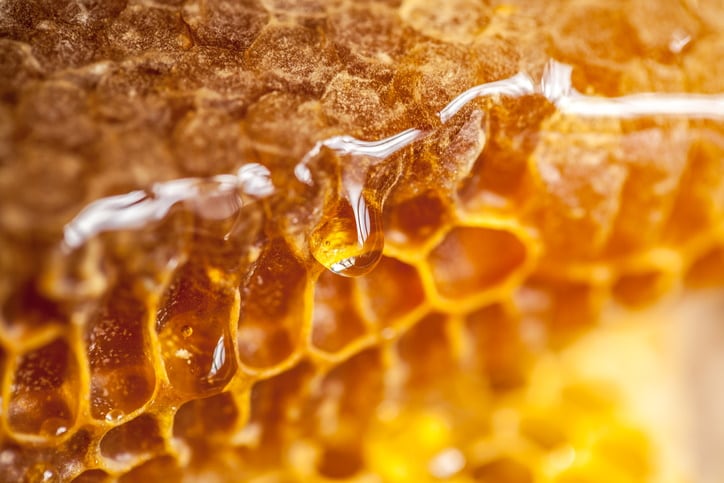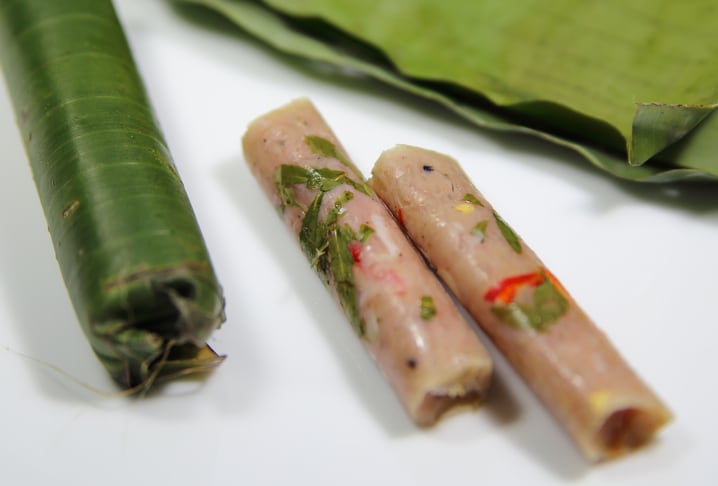The company now offers a range of nine herbs and spice authenticity tests to help in the fight against food fraud and potentially save food manufacturers time and money in their attempts to protect their supply chains.
White pepper, much like black pepper, is made from the berries of the pepper plant, originating in India and cultivated in many other tropical regions. Although derived from the same plant, white pepper comes from berries that are picked at full ripeness then soaked in water leading to fermentation. The outer layer is then removed.
White pepper is usually more expensive to produce than its black counterpart as the process involves more steps. It is therefore a target of adulteration with the ground form being most at risk from economically motivated food fraud through addition of substances such as husks, skins, spent materials and flour.
Europol: ‘Low-quality products have infiltrated the food supply chain’
The development comes as Europol complains it has witnessed a recent spike in low-quality products infiltrating the food supply chain, an evolution possibly related to the repercussions of the COVID pandemic
Europol and INTERPOL have removed more than 15,000 tonnes of illegal food and drink products with a value of about €53.8 million as part of a coordinated operation that ran from December 2020 to June 2021 and involved law enforcement authorities from 72 countries, including 26 EU Member States.
Testing methods are evolving
Bia Analytical uses industry-leading, cutting-edge spectroscopy with chemometric analysis testing methods that can help protect the entire food supply chain against food fraud and offer reassurance that products have been tested with the best food fraud detection methods possible.
Gas chromatography–mass spectrometry is a widely used technique for qualitative and quantitative analysis of food composition and one generally regarded as a ‘gold standard’ for forensic substance identification. GC/MS is often used to investigate scams of a different sort -- in sports anti-doping laboratories to test athletes' urine samples for performance-enhancing drugs.
Traditional testing methods, including DNA testing, are useful instruments to assess the safety, quality and integrity of the food chain. However, these cannot differentiate between a sample and its spent material to identify some forms of adulteration. Spectroscopy with chemometric analysis, said Bia Analytical, can differentiate between authentic and spent materials and so are becoming the chosen method for adulteration detection in herbs and spices.
Bia Analytical’s laboratories in Belfast carry out accurate and rapid analysis of samples, with a guaranteed three working day turnaround time, to help reduce food business’ exposure to the risk of food fraud.
The team has also unveiled a hand-held testing method that can accurately detect adulteration of Basmati rice. This is a Near-infrared or NIR test, a widely used method in the food and drink and agricultural industries as a convenient, low cost alternative to chemical analysis. This essentially performs a ‘fingerprint’ of the rice to check its authenticity.
The main benefit of this method is that analysis can be performed with a handheld NIR instrument in places where rice is produced and traded, with results rapidly showing on an iPhone or smartphone.
The Belfast-based team is now working to extend the product portfolio to twenty-five models by the end of 2021 with the inclusion of methods for new food groups.





